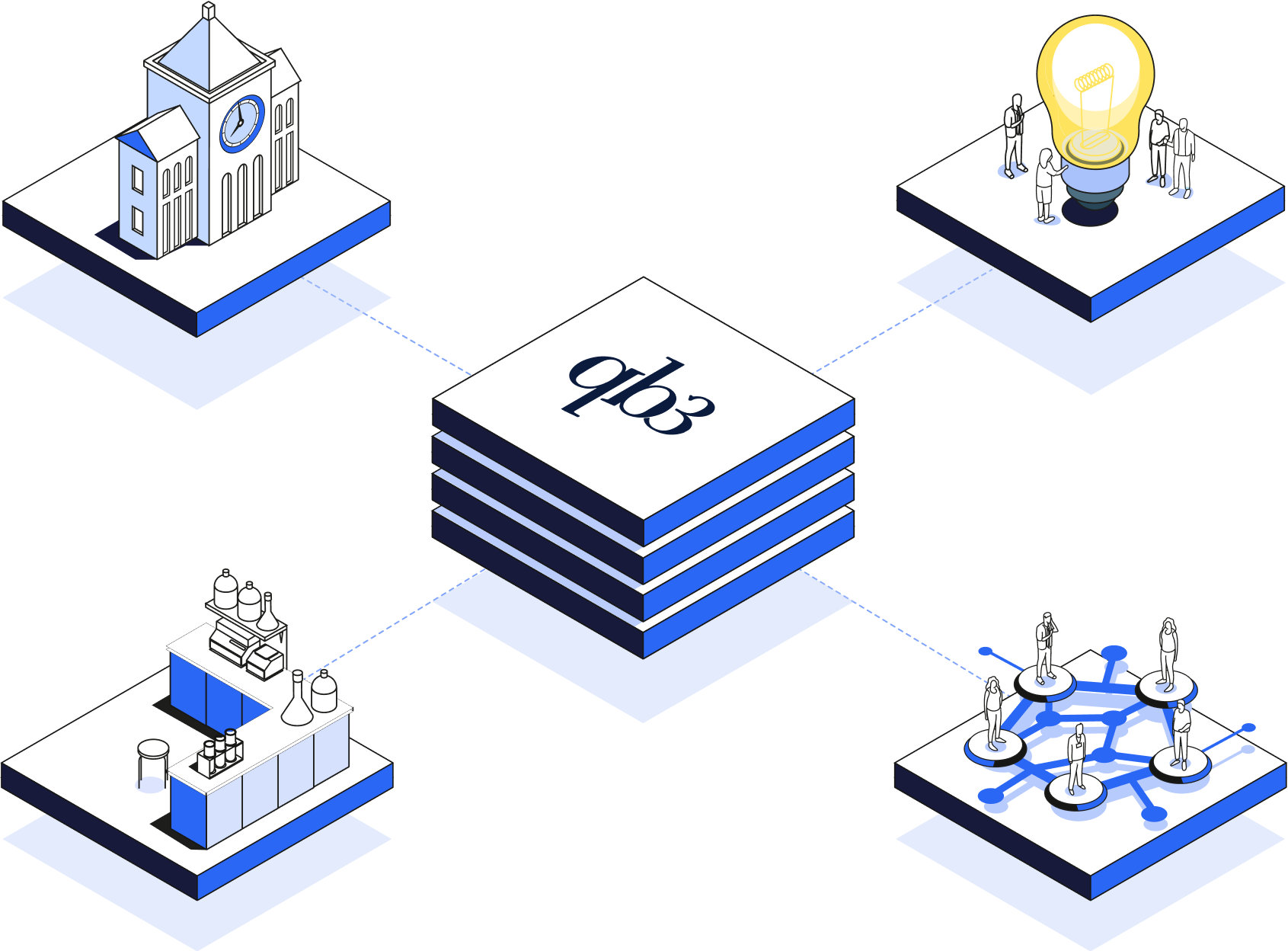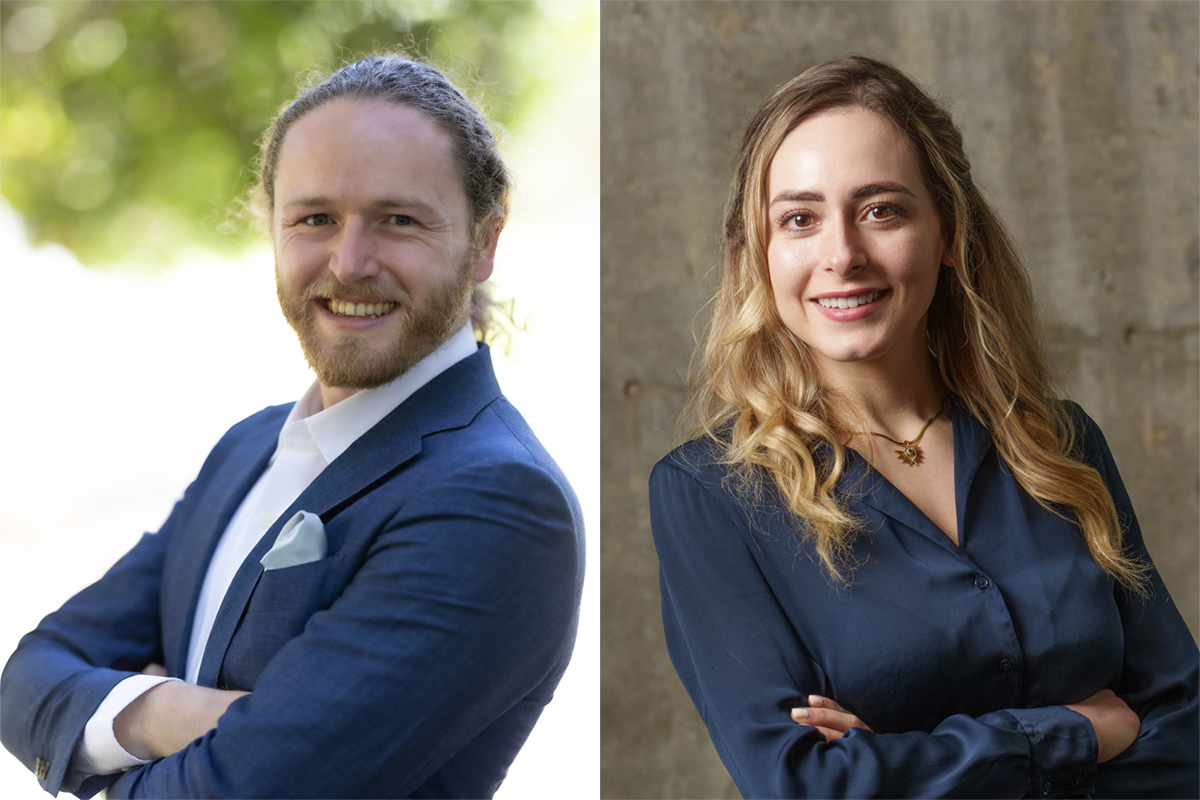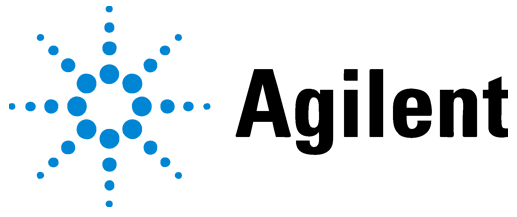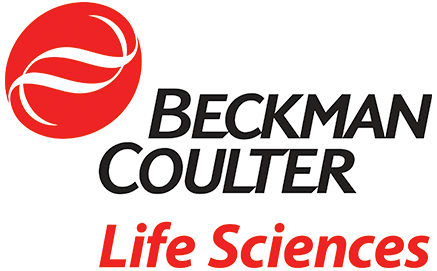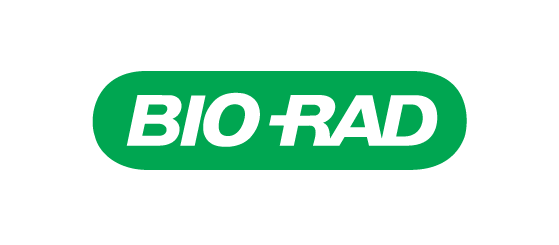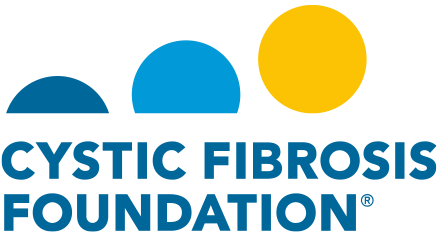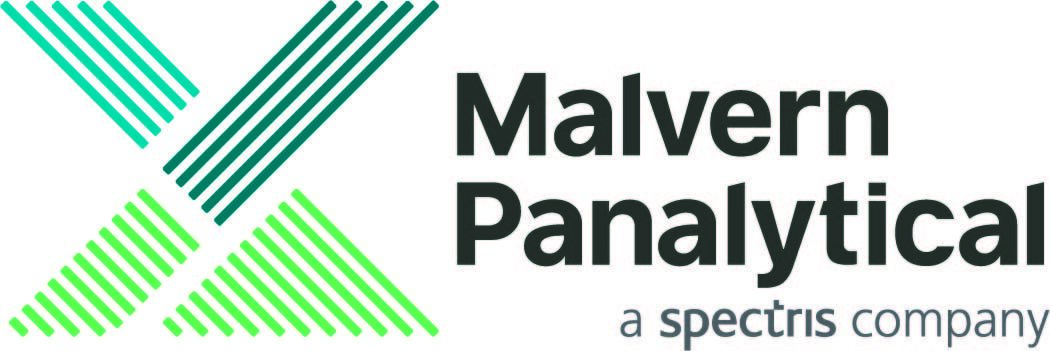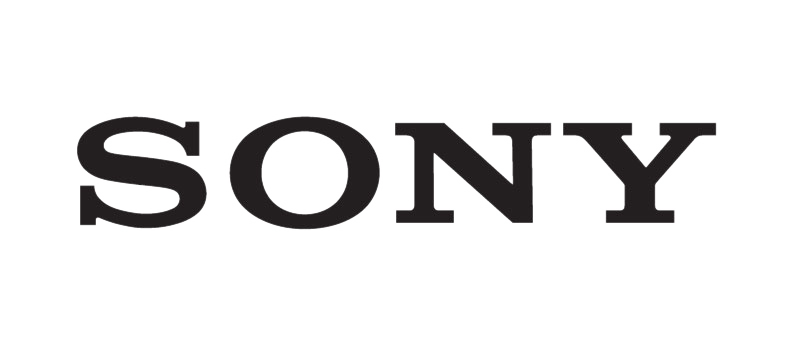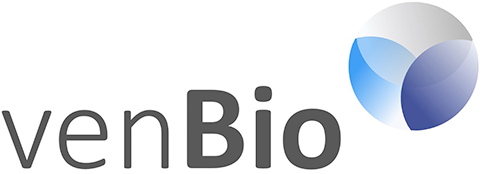Homepage
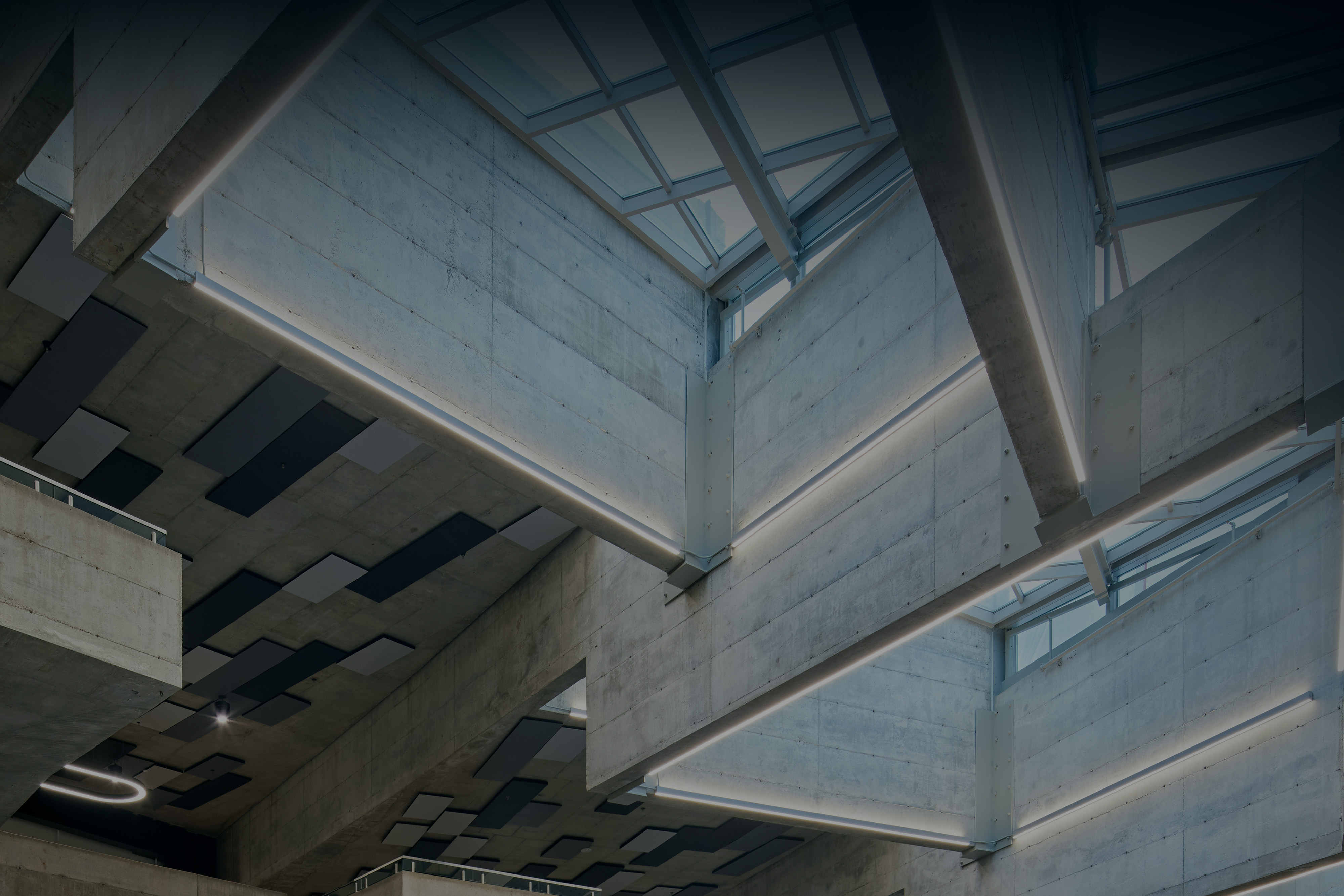
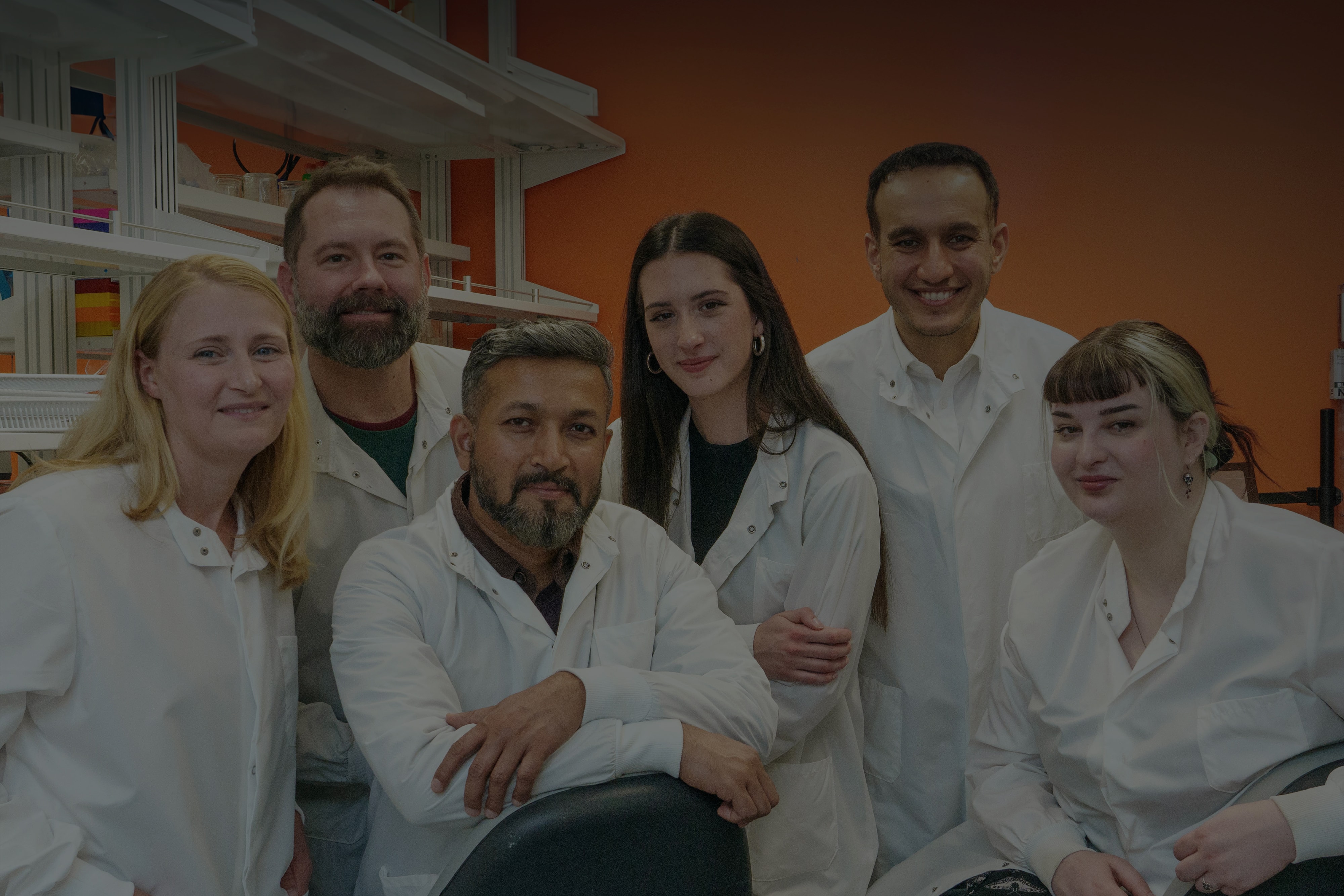
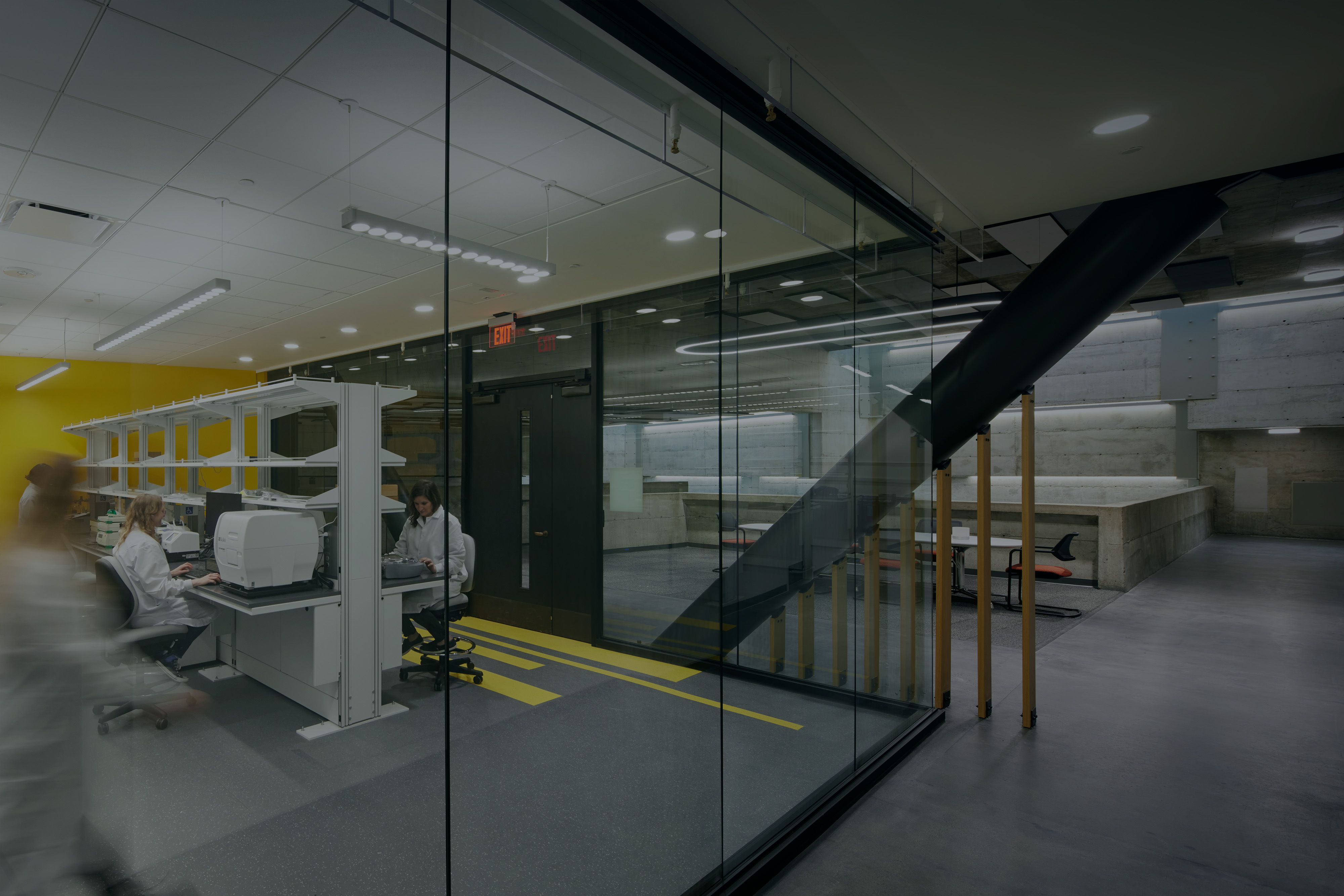
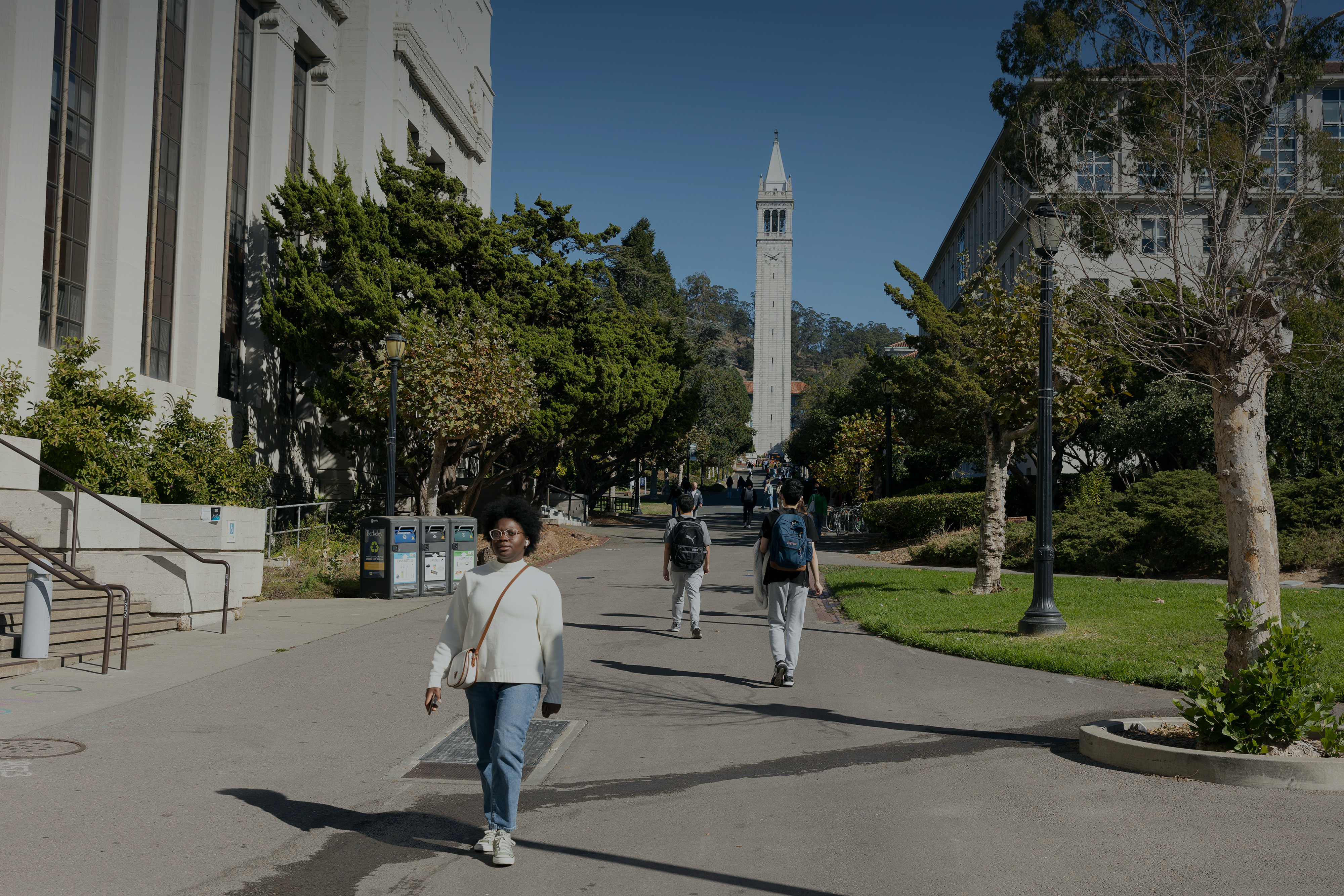
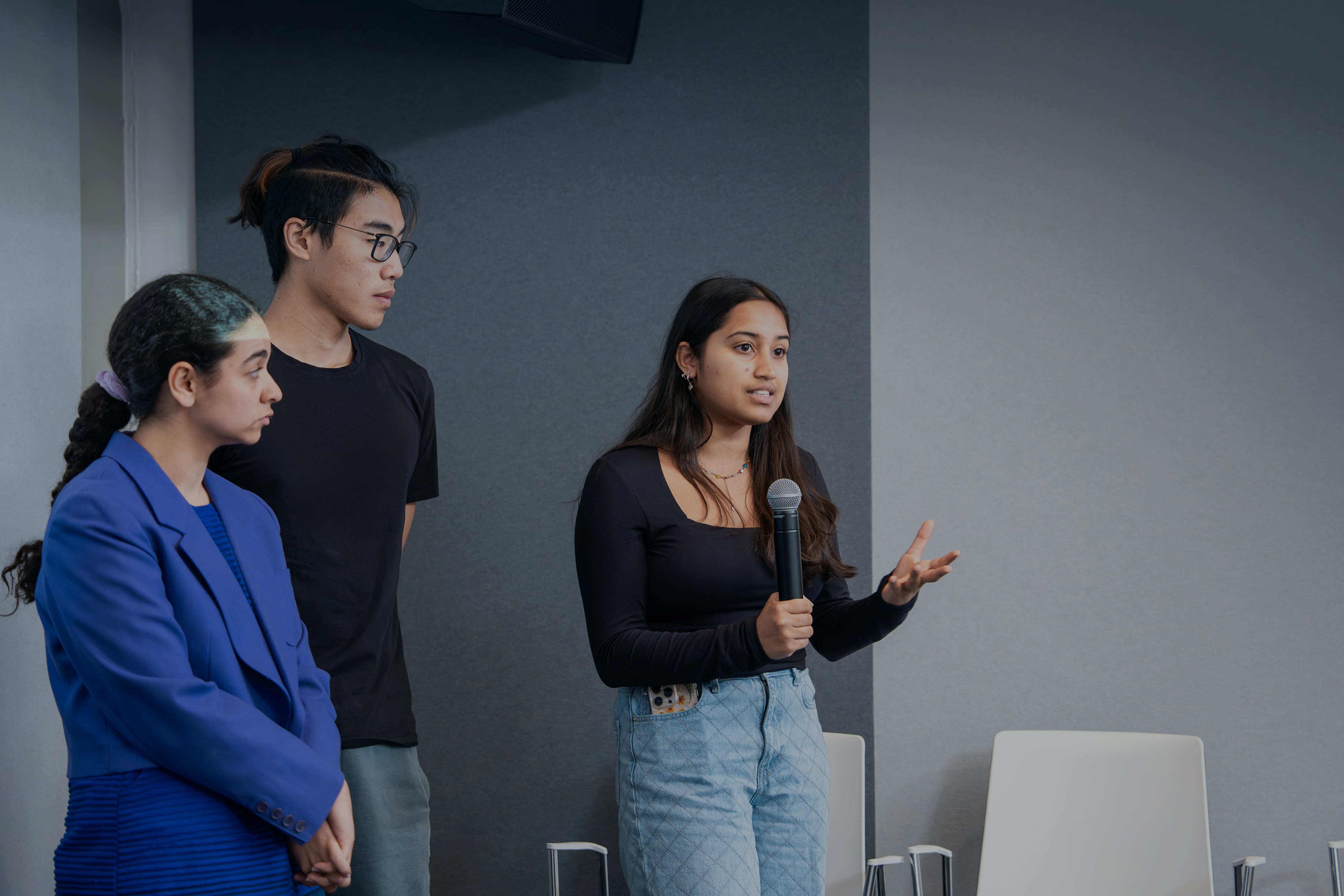
-
About Us
Bakar Bio Labs is a world-class incubator for life-science startups. Now open to teams from around the world so anyone can leverage all that UC Berkeley offers.
Learn more -
Companies
Get to know our tenants, the hardworking innovators at the core of our community.
Learn more -
Facility
We enable bio startups to hit the ground running and focus on advancing their technology.
Learn more -
Resources
At Bakar Bio Labs, we connect you to sophisticated resources from UC Berkeley and the Bay Area, tailored to early-stage entrepreneurs.
Learn more -
Campus Programs
We’re a gateway to the biotech world for top academic talent at UC Berkeley.
Campus Programs

Levitree: Lifting Cities Out of Flood Danger with Robots
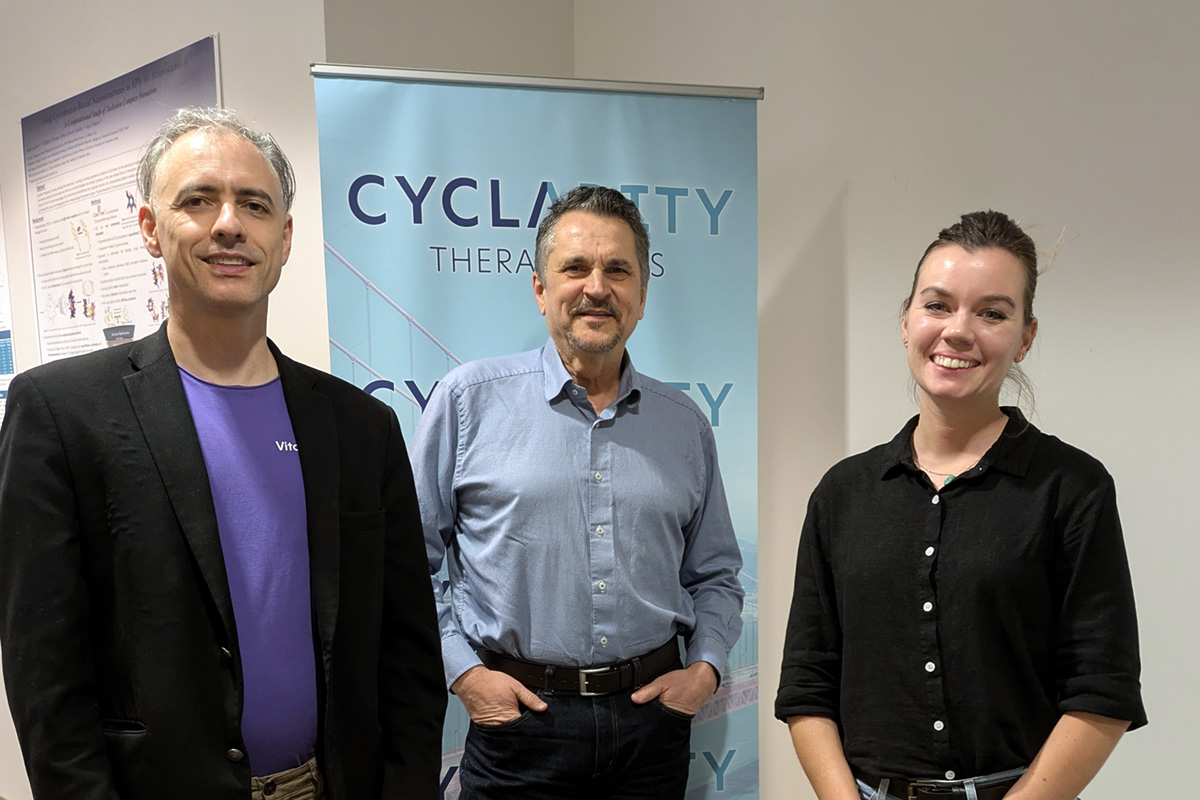
Taking on the World’s Leading Killer

Everything that a bio-entrepreneur needs, all in one location.
There has never been a shortage of entrepreneurs with great ideas designed to tackle the most pressing global challenges — from human health to environmental sustainability. But to grow those ideas into successful ventures, entrepreneurs need space, equipment, and multiple connections to a vibrant ecosystem. That’s why we created Bakar Bio Labs at UC Berkeley. Bakar Bio Labs is built to be the foundational hub for resources where startups thrive.
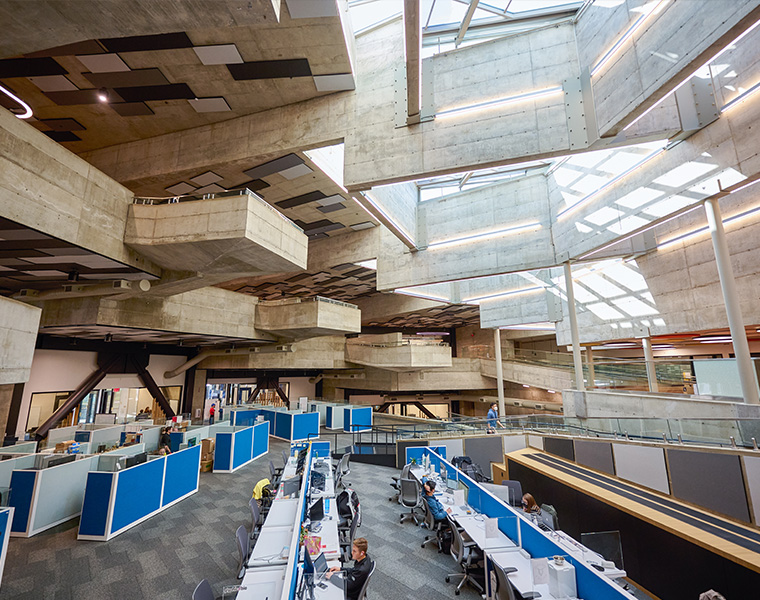
News & Events

Synthetic proteins are being built with the help of AI models
Others are taking a slightly different tack. Profluent, in Emeryville, California and EvolutionaryScale, in New York, are building protein-design AI models that resemble not image-generating software, but large language models (LLMs) of the sort that power the world’s chatbots. These firms’ models treat the amino-acid sequences in protein chains like the words in a piece of text—analysing relationships found in zillions of exemplars to design novel useful structures. According to Ali Madani, Profluent’s chief executive, the firm is particularly focused on creating new CRISPR-Cas gene-editing tools. Here, its USP is a curated database of around 5m CRISPR-Cas protein complexes on which its AI model has been trained in order to design new versions. Read post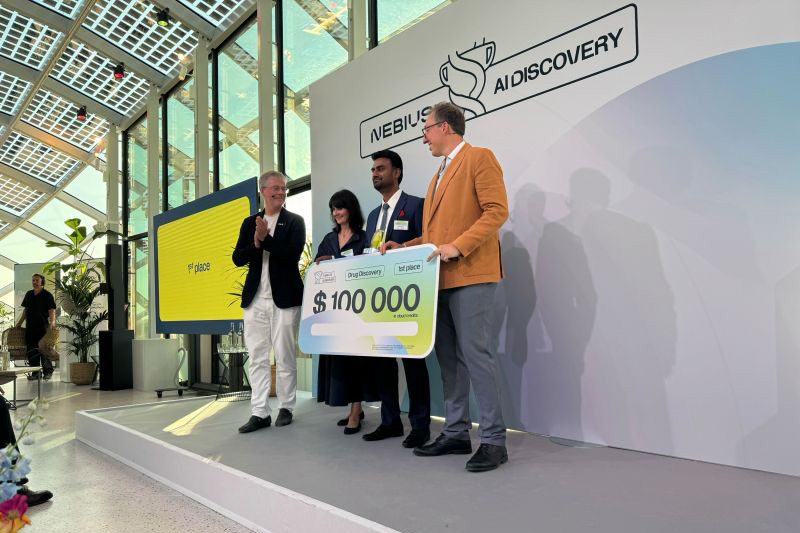
Aikium Wins Nebius AI Drug Discovery Award
Aikium targets “undruggable” proteins comprising half the human proteome using its Yotta-ML² platform. The company has secured partnerships with four organizations, including three top cancer hospitals, based on successful GPCR proof-of-concept work. Read post
Levitree: Lifting Cities out of Flood Danger with Robots
“San Rafael has the Bay Area’s largest flood problem,” Laurence Allen explains. “It’s a city of about 60,000 people facing a $500 to $900 million flood problem. When you run the math on that, the protection is just unaffordable.” Laurence hopes to help San Rafael and other coastal cities lift themselves out of flood danger using technology developed by Levitree, a Bakar Labs company of which he is COO. In short, Levitree uses robots to lift a property, and everything built on it, by injecting wood slurries deep beneath the surface, where it’s prevented from decomposing back into carbon dioxide. “Reshape the World” is their motto. Read post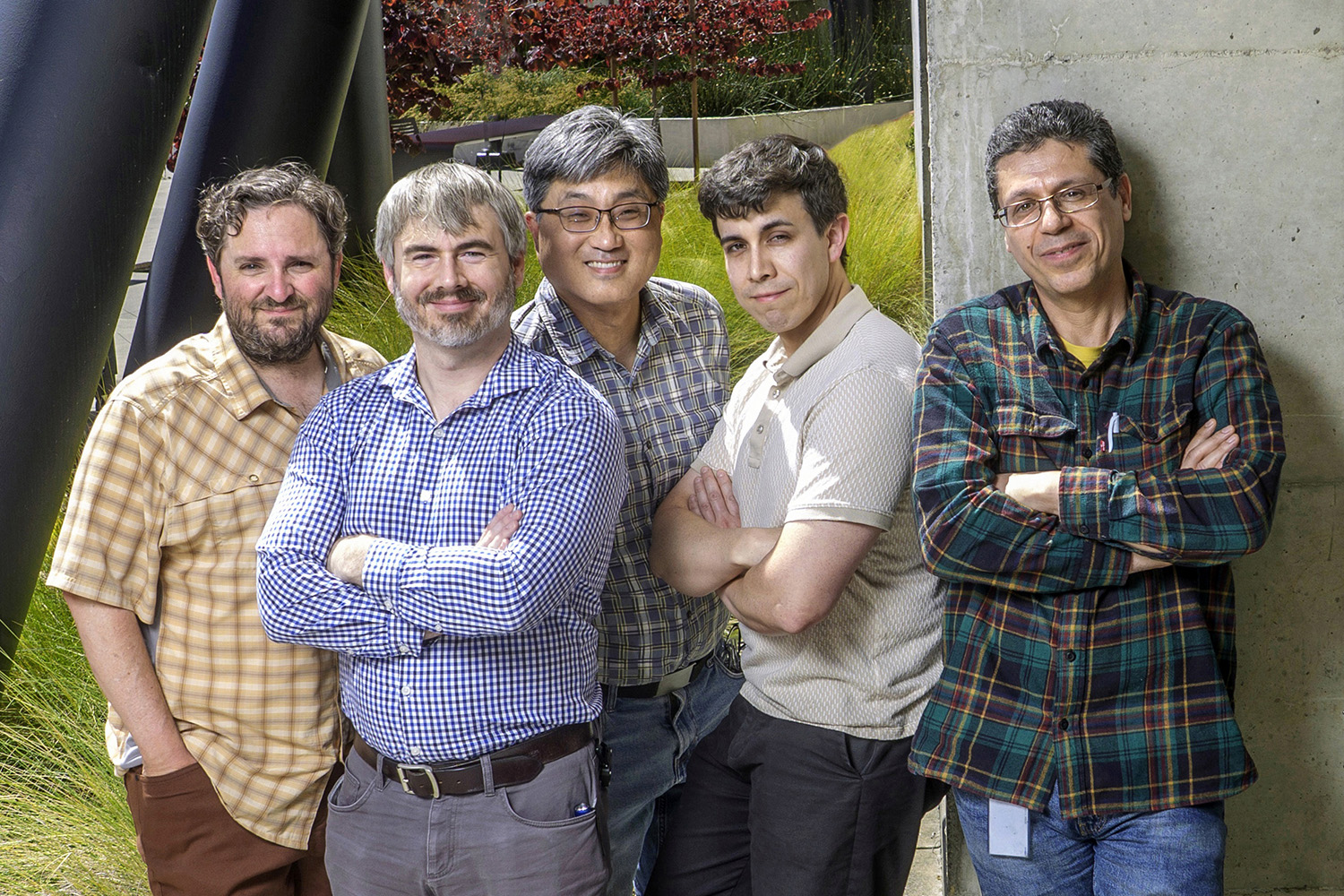
GigaCrop’s Chris Eiben wants to improve photosynthesis. Here’s how he’s doing it.
“The thing holding plants back today is the enzyme Rubisco,” Eiben says. “It’s the first enzyme a plant uses to take CO2 and start turning it into a sugar. But the enzyme is slow, and it has a tendency to use oxygen instead of CO2 . Which is incredibly costly for the plant to fix. I don’t have a clever way to make Rubisco better; land plants have been trying to improve it for 450 million years, which is a long time. Doing better than that is tough. So GigaCrop is inserting a parallel photosynthesis pathway into plants. “If a plant were an airplane, what we are doing is installing a more efficient engine. The trick is we have to do it while the airplane is flying. Plants must have a working engine at all times” he says. “Rubisco is part of a larger cycle called the Calvin-Benson cycle. Our pathway can exist next to the Calvin-Benson cycle, and they can both operate. But the plants will benefit because our pathway is faster and more energy efficient.” Read post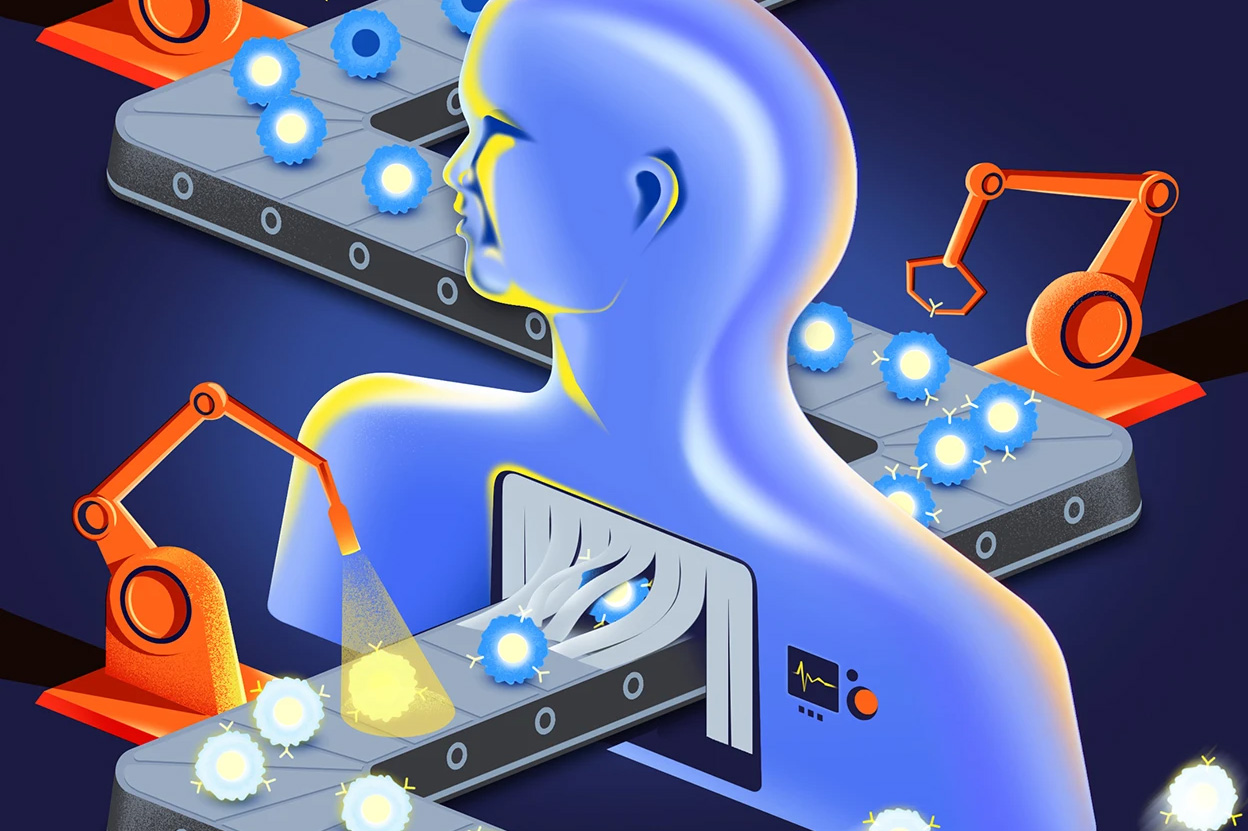
Cancer-fighting immune cells could soon be engineered inside our bodies
CAR T cells are among the most powerful therapies oncologists have to treat many types of blood cancer. And studies suggest that they might hold promise for brain cancer and other solid tumours, as well as autoimmune and other diseases. One research firm estimates that the value of the CAR-T-therapy market, expected to hit US$11 billion this year, will grow to nearly $190 billion by 2034. But CAR-T therapies come with a serious downside — they are laborious to make and difficult to administer. Some biotechnology companies have an answer: alter T cells inside the body instead…CRISPR–Cas9 pioneer and Nobel prizewinner Jennifer Doudna has co-founded a separate company, Azalea Therapeutics in Berkeley, California, that is developing in vivo CAR T. Read post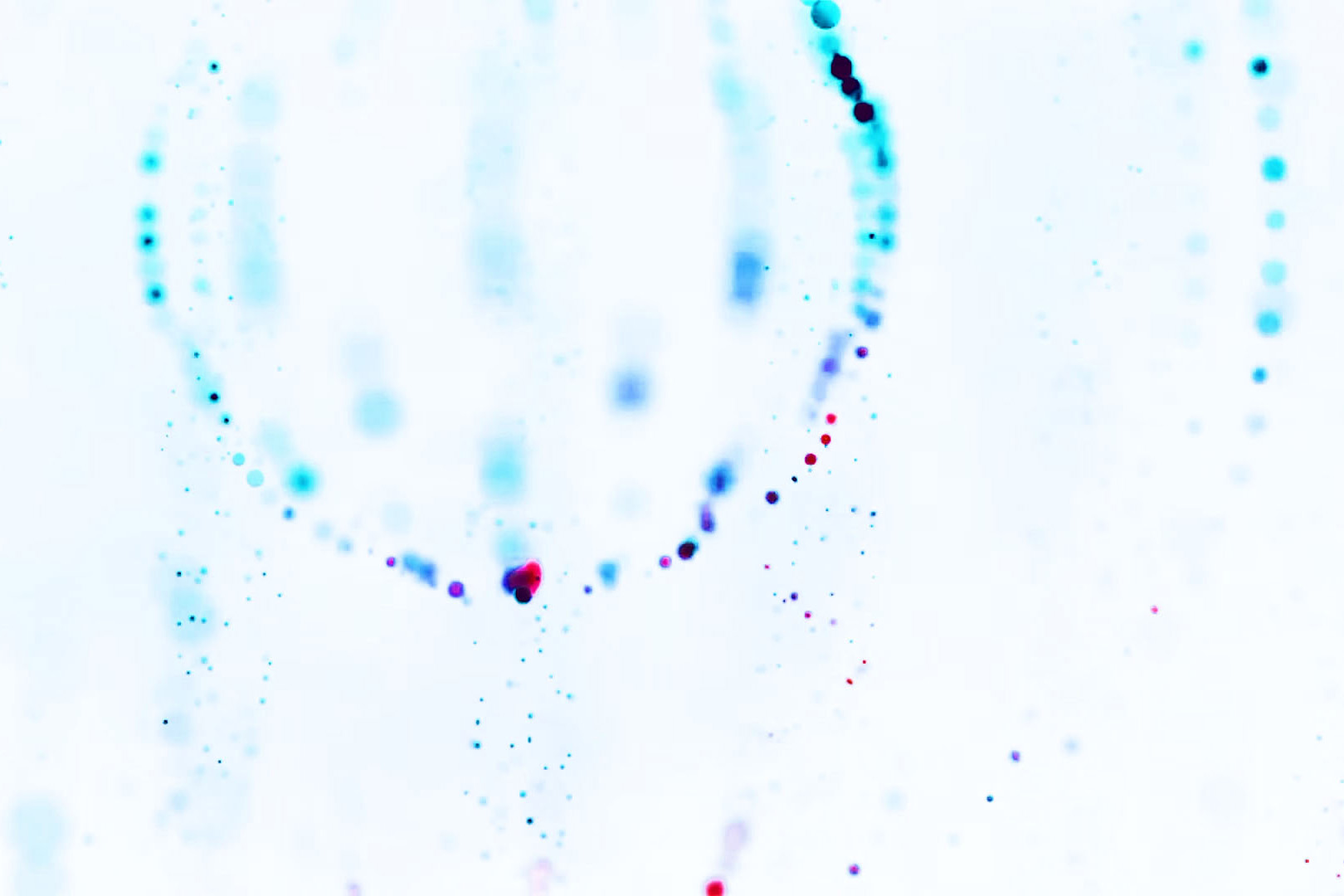
Valitor Presents Multiple Preclinical Datasets on the Potential of its Innovative Anti-VEGF Therapy
“VLTR-559 was developed using our pioneering MVP technology platform and was designed to be an anti-VEGF therapy with increased potency and extended therapeutic duration compared to the current standard-of-care anti-VEGF biologics,” said Wesley Jackson, Ph.D., president and chief scientific officer of Valitor. “Based on our clinical modeling from preclinical results, we anticipate VLTR-559 could enable a twice-yearly dosing regimen for patients with wet AMD, thereby improving long-term outcomes while also reducing the clinical costs required to treat this disease. We are making great progress through IND-enabling activities with the goal of initiating a Phase 1 clinical study next year. Additionally, we are excited by the broader potential of our MVP platform, which is based on our proprietary methods of combining large molecular weight hyaluronic acid biopolymers with diverse active pharmaceutical ingredients to create potent and long-acting drugs.” Read post
Verinomics and Pinnacle Seed Form Strategic Partnership to Accelerate Innovation in Leafy Greens
Verinomics, a leader in agricultural genomics and gene editing, and Pinnacle Seed, a premier supplier of elite leafy green varieties, today announced a strategic partnership to combine top-tier genetics with cutting-edge breeding and gene editing technologies. The 5-year collaboration aims to develop next-generation leafy green varieties with enhanced disease resistance, improved yield, and superior agronomic profiles to address critical challenges facing growers and the entire supply chain. Read post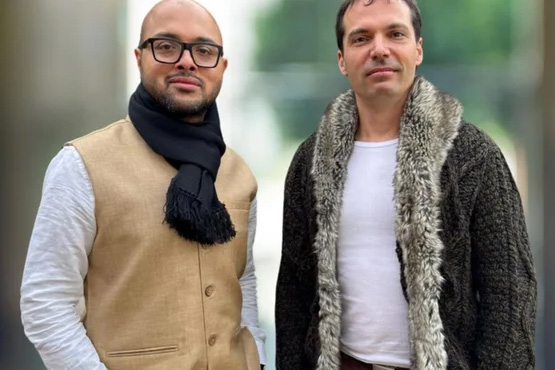
Keylika Develops World’s First Buccal Patch for Iron Deficiency Anemia
“Most people have no idea how debilitating iron deficiency anemia can be. As a critical micronutrient, iron has a foundational role to play in multiple biological processes in the body down to the cellular level, its uncorrected deficiency has far-reaching consequences,” says Buddha Chaudhuri, Ph.D., CEO of Biotech company, Keylika. After years working on drug delivery and medical devices, Keylika’s team has pioneered what could be a breakthrough solution: the world’s first buccal (oral) patch for treating iron deficiency. Read post
Ray Therapeutics Awarded $8M CIRM Grant to Advance RTx-015 Gene Therapy for Retinitis Pigmentosa
“Retinitis pigmentosa remains a devastating condition with no approved treatments for the vast majority of patients,” said Paul Bresge, CEO & Co-Founder, Ray Therapeutics. “We are deeply grateful to CIRM for their belief in our science and their continued support of our programs. We are honored to partner with CIRM as we advance therapies that have the potential to transform the lives of patients.” Read postOur affiliates
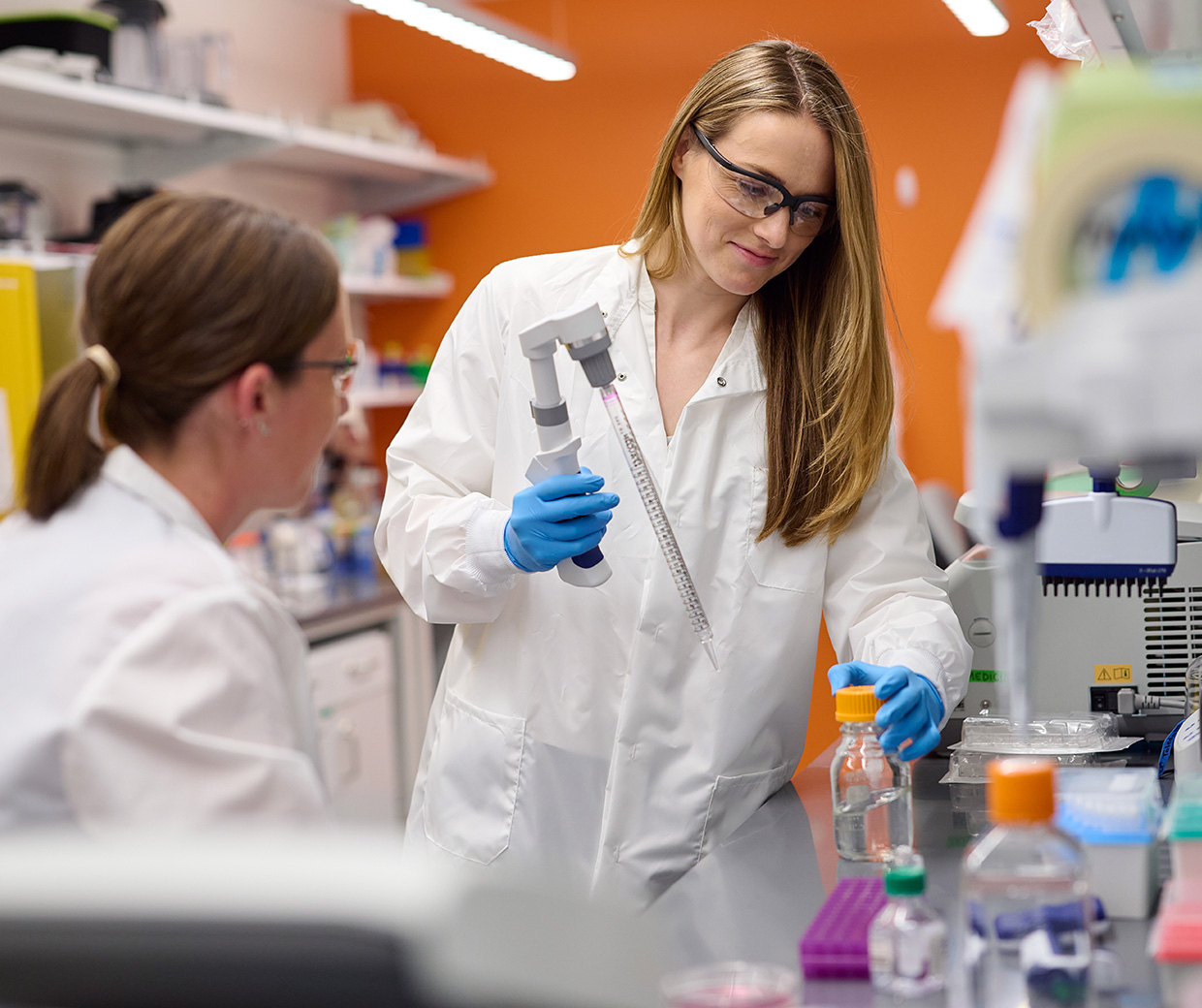
Ready to run?
Startups need to focus on making milestones, not managing equipment.
Bakar Bio Labs maintains tissue culture facilities, a freezer farm, fume hoods, basic benchtop equipment and plenty of analytical instruments. Optional lab support services can also make for quick starts that help get results fast.
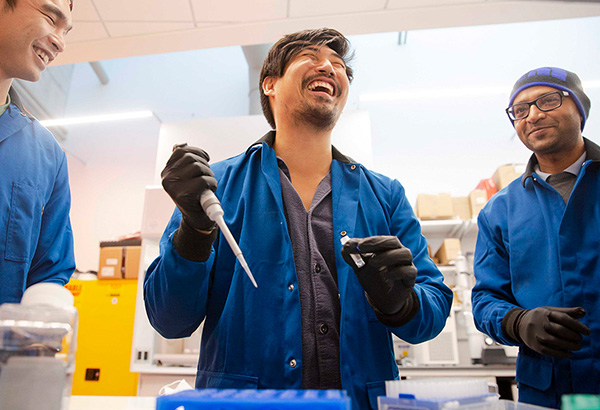


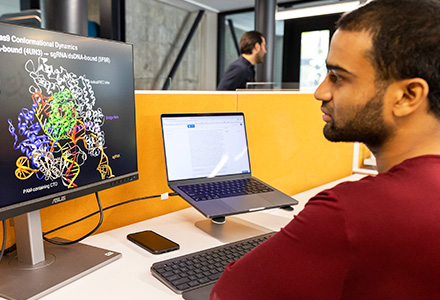
At UC Berkeley
Bakar Bio Labs is just steps from UC Berkeley’s world-renowned faculty and more than 40,000 students who train in top programs including science, engineering, law and business. Dotting the campus is a network of core facilities that feature a wide range of advanced equipment and services for use by startups. Recruiting student talent and scientific co-founders couldn’t be easier.
Scale means community

Today’s best startups blaze a trail all their own, but they don’t do it alone.
They build their support network to help them navigate the multiple challenges they face. At Bakar Bio Labs, tenants join a community of as many as 50 like-minded teams willing to share the scientific and business insights that help them advance. The incubator spans more than 40,000 square feet of lab and office spaces within the fully renovated Woo Hon Fai Hall, the iconic former home of the Berkeley Art Museum. With so much going on, investors, industry partners and new talent are already taking notice.
Bringing the innovation community together.
Funding raised to date
Bakar Bio Labs gives startups great exposure to savvy, motivated investors and industry business development.
Tenant and alumni companies
We welcome companies from all sectors of life science who have a need for specialized wet lab operations.
Affiliations
We’re building a mutually beneficial ecosystem that brings startups together with biotech, pharma, VC, law firms and banking.
Built for startups. For more than 20 years, QB3 has been the University of California’s center for innovation and entrepreneurship in life science. Through pitch summits, seminars, symposia, podcasts, office hours, internships, and workshops QB3 educates, connects, and elevates the entrepreneurial ecosystem.
